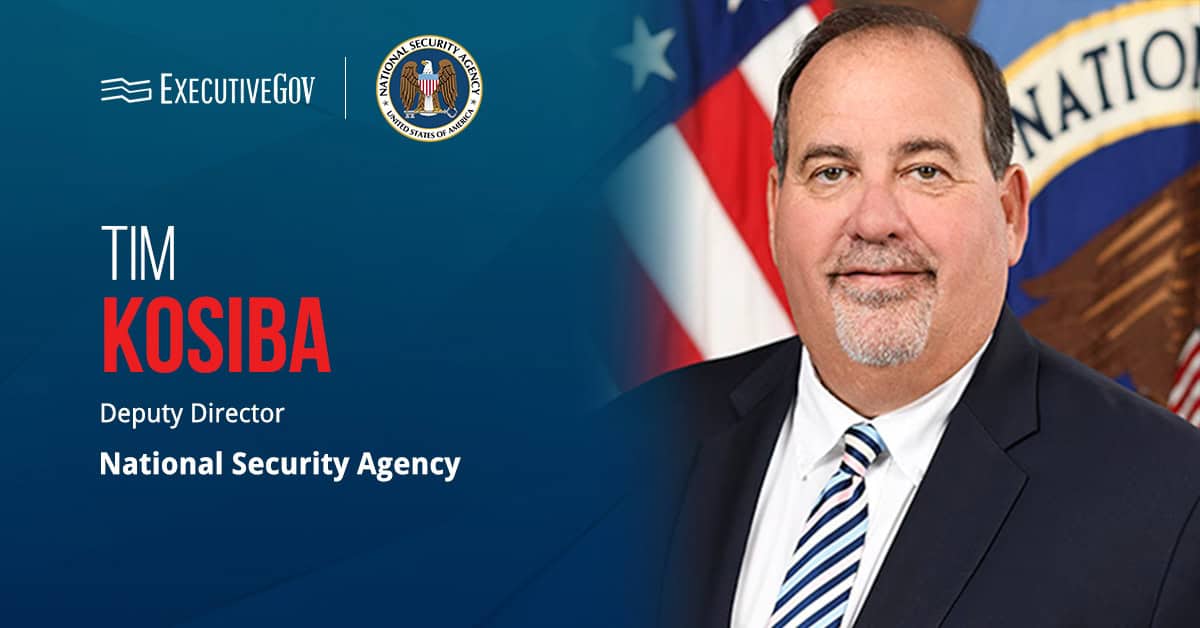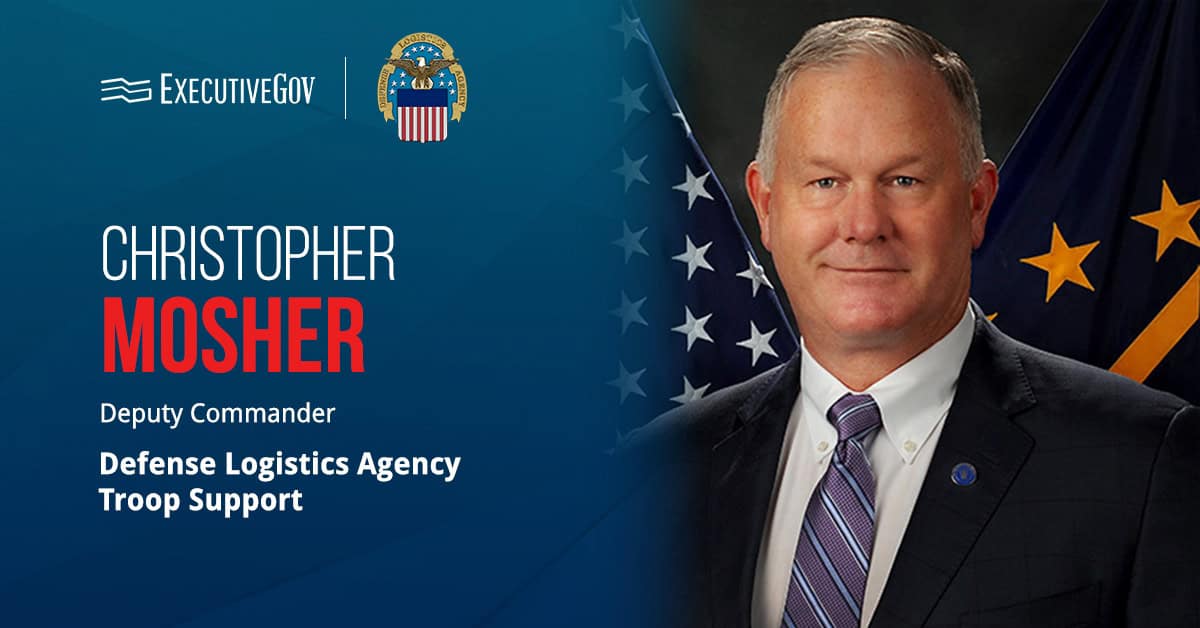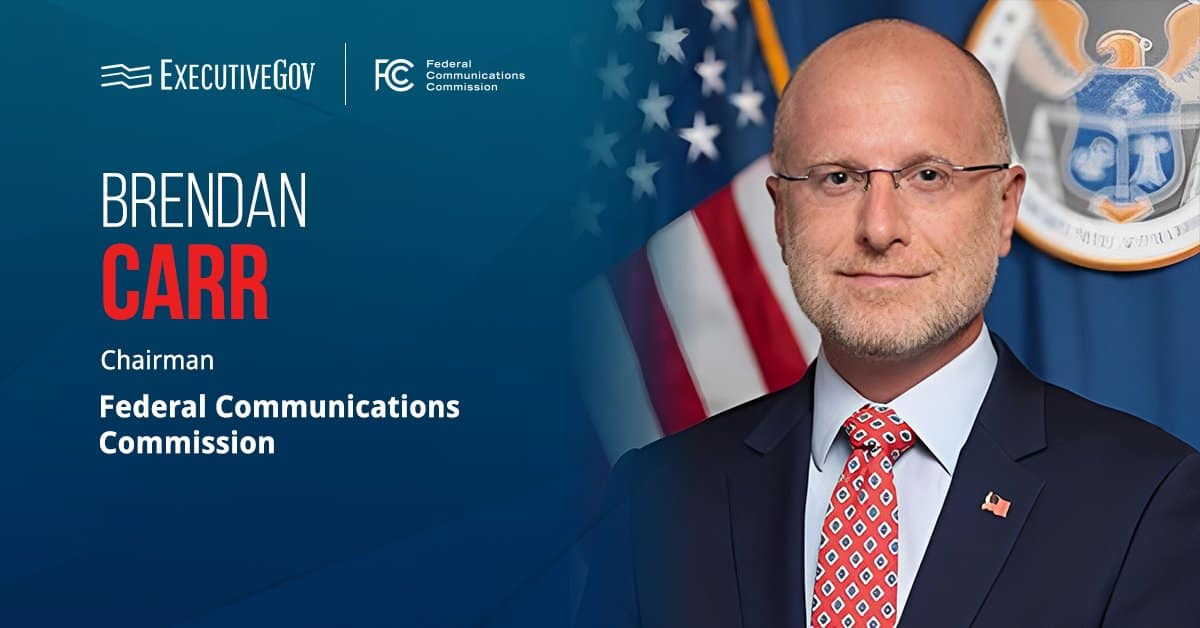
A group of NASA and third-party reviewers has completed a critical design assessment of the spacecraft Lockheed Martin will build to help the space agency investigate the Trojan asteroids.
The review covered different elements of the Lucy mission such as the vehicle and its payload, system-level flight hardware and software test plans, the ground system and related scientific efforts, NASA said Monday.
Lucy systems and subsystems have met technical requirements during the four-day evaluation by the independent review board and the program is now set to enter the fabrication phase.
The agency aims to launch the mission in 2021 and intends for the spacecraft to explore six Trojan asteroids plus one Main Belt asteroid over a 12-year period.
NASA’s Goddard Space Flight Center will manage the overall mission while Southwest Research Institute will lead the scientific investigation.





